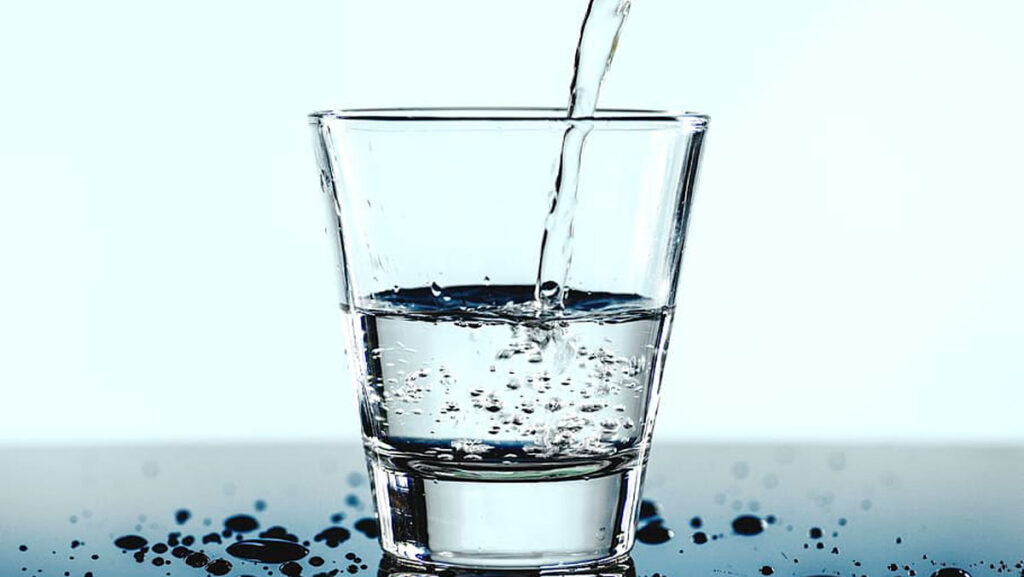Proper Hydration – Our beautiful, sandy beaches are the perfect place to spend these hot summer days. Kids are building sandcastles, surfers catching waves, sunbathers soaking up the rays, and many colorful umbrellas shielding chairs of people conversing and admiring the ocean view are an everyday occurrence. We tend to be good about protecting our bodies with sunscreen on the outside. However, we rarely think about how these activities affect our bodies on the inside.
Our bodies are 50-70% water. That number can go up or down depending on different factors. Environmental factors including altitude, temperature, and humidity, and individual factors like gender, age, and diet make our hydration levels uniquely specific to each of us. Spending a summer day at the beach initiates our body’s cooling system making us sweat, depleting our water and mineral supply. We need to maintain balanced hydration by replacing each ounce of sweat with an ounce of water. If we fail to do this, we are left drained and dehydrated.
Most of us are aware of dehydration when we feel thirsty. But this is not the only sign that our body is asking for water. Other symptoms of mild dehydration may include dry eyes, headache, foggy brain, lack of energy, muscle cramps, dark urine, mood swings, constipation, and dry skin. These may be less obvious signs of our need for hydration, but they are signs you need to stop what we are doing and drink some water.
Signs of severe dehydration
- Dizziness
- Nausea
- Vomiting
- Disorientation
These are much more noticeable and cause to receive immediate medical attention.
While it’s not too common, an excess intake of water and fluids can be just as damaging to our bodies as a lack of fluids. Over-hydration happens when too much water is ingested, and our blood sodium levels dramatically decrease. This low concentration can cause nausea, vomiting, fatigue, confusion, respiratory distress, and in severe cases, seizures and coma. Again, it doesn’t happen often but bears mentioning, so you are aware.
We consume water through both what we drink and what we eat. Those who naturally enjoy a glass of refreshing water and fresh fruits and vegetables may find it easy to consume the correct amount to sustain us. However, not everyone is like this and may need extra inspiration and encouragement to accomplish proper hydration.
Flavored waters are popular and a good choice if you’re not fond of plain water. Infusing water with a mix of berries, citrus, cucumber, and mint will add flavor and detoxification power to restore and revitalize your body at a whole different level. In addition, herbal teas, coffee, sports drinks, and even beer have all been proven to be beneficial for hydration. While water is still best, choosing some of these other beverages in moderation will keep you from becoming dehydrated.
Eating foods with high water content is another excellent way to hydrate without having to drink plain water. Tomatoes, cucumbers, pineapples, and watermelons are just a few foods with high water content. Snacking on these throughout the day will help boost your water intake. Creating fruit and vegetable smoothies is another way to consume water. Any variety of greens, fruits, and ice can be blended and enjoyed on the go. Not only does this add to your water intake, but the vitamin and nutrient benefits promote overall wellness.
Perfectly balanced hydration doesn’t have to be complicated. Pay attention to how you feel. Sometimes all we need to feel better is a little bit of water. So pack up that cooler and head to the beach. And if you see me out there soaking up the rays, stop by, say “Hello” and have some water with me.
